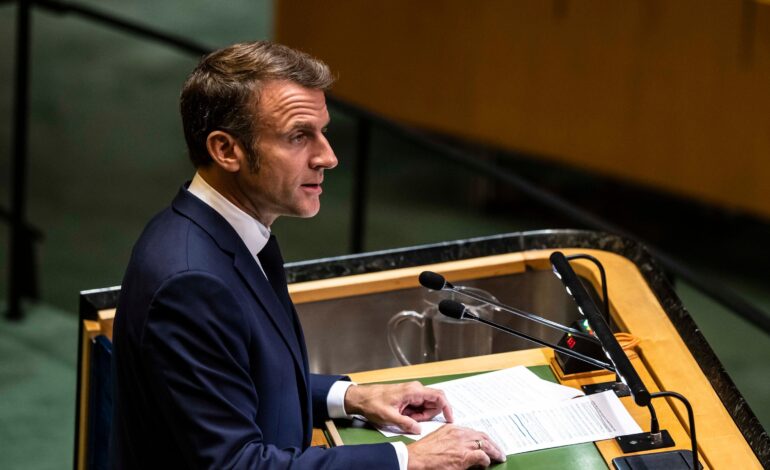
Legal Battle: Trump Administration Sues New York City Over Sanctuary Laws
In a significant legal confrontation, the Trump administration has filed a lawsuit against New York City over its sanctuary policies. This article delves deep into the legal, political, and social ramifications of this lawsuit, examining the broader impact it could have on immigration policy and city governance.
Background on Sanctuary Cities
Sanctuary cities, like New York City, limit cooperation with federal immigration enforcement agencies to protect undocumented immigrants. This policy aims to foster trust between immigrant communities and local law enforcement, encouraging cooperation on criminal matters without fear of deportation.
The Trump Administration’s Stance
The Trump administration has consistently opposed sanctuary jurisdictions, arguing that they undermine federal law and public safety. This lawsuit represents a culmination of ongoing tensions between the federal government and cities like New York over immigration policy.
Legal Arguments and Implications
The lawsuit hinges on whether federal law preempts local sanctuary policies. The outcome could set a precedent affecting other cities. Legal experts are keenly watching this case to understand its implications on states’ rights and immigration enforcement.
Potential Impact on New York City
If the lawsuit is successful, New York City may be forced to alter its sanctuary policies, affecting immigrant communities and potentially eroding the trust built with local law enforcement. This could have broader social implications, impacting community safety and cohesion.
National Repercussions
This legal battle echoes beyond New York, potentially affecting sanctuary jurisdictions nationwide. A ruling against New York could embolden further federal actions against sanctuary cities, impacting national immigration policy and the balance of power between federal and local governments.
Conclusion
The lawsuit against New York City marks a pivotal moment in the ongoing debate over sanctuary policies and immigration enforcement. As legal proceedings unfold, the case could have lasting implications, not only for New York but also for other cities across the nation, shaping future interactions between local governance and federal mandates.






